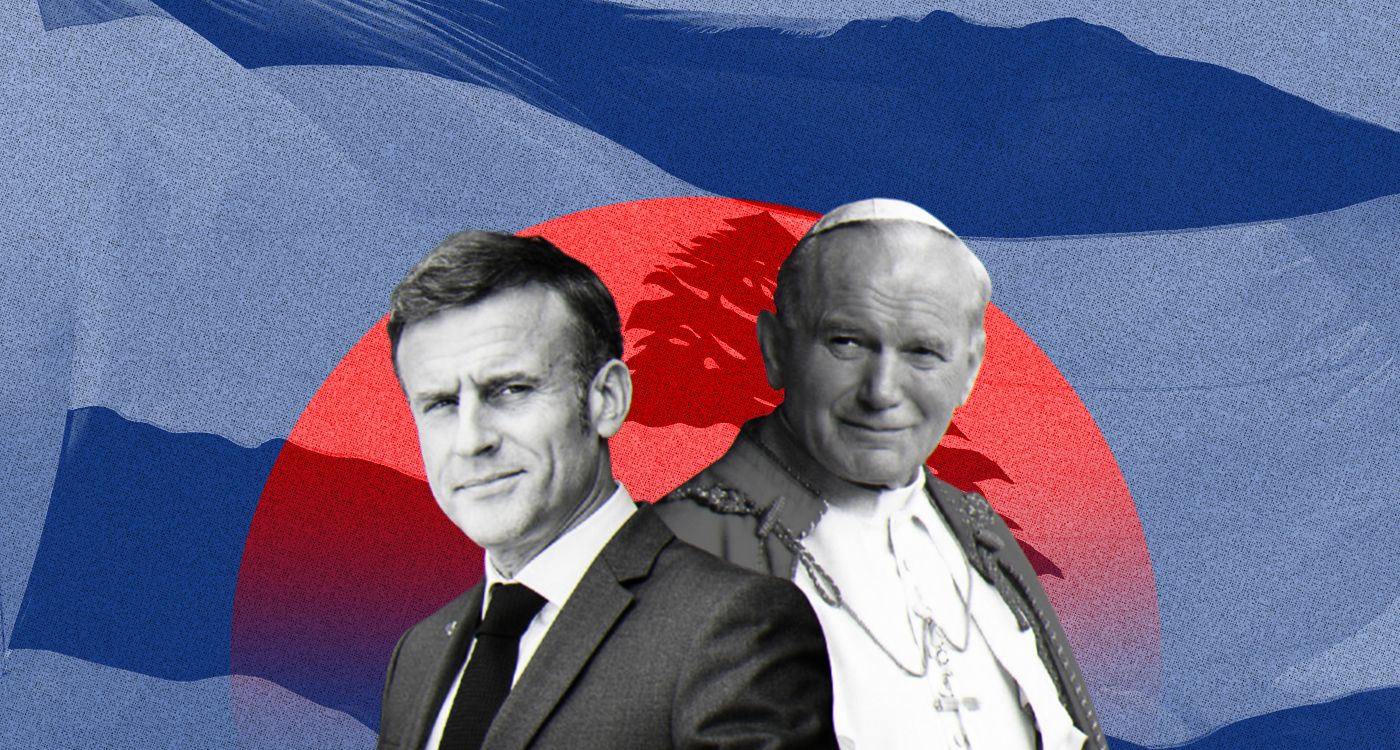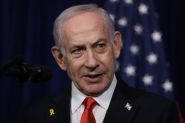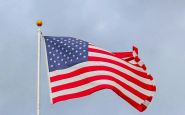
“In recent days, there has been much talk of war, civilization and the need to defend it. I am not convinced that one defends civilization by sowing barbarism oneself. Yet, I am certain of this: the very prospect of civilization is at stake in Lebanon. It is about the ability of men and women of different origins and faiths to coexist on the same land and unite around a shared purpose. This is why Lebanon matters – not only for itself but as something far greater.”
These words, spoken by President Macron at the International Conference in Support of Lebanon's People on October 24, “are not truly his own” (John 11:49). They reflect a republican version of Pope John Paul II’s famous prophecy: “The Church wishes to show the world that Lebanon is more than a country; it is a message of freedom and an example of pluralism for both East and West” (excerpt from a letter to all the bishops of the Catholic Church, October 1989). The part of Macron’s statement referring to barbarism is, it seems, a veiled reference to Israel.
For the East, the example is undeniable: Lebanon is a pluralistic democracy surrounded by tyrannies, theocracies and kingdoms. In stark contrast to a state that insists on being “a Jewish State for the Jews” and despite “the barbarism” – which the Land of the Cedars will survive – Lebanon remains a “land of encounter,” standing as its very antithesis.
For the West, this truth will become ever clearer as multiethnic and multicultural states continue to emerge. In this Lebanon that is “greater than itself,” the Maronite Church, its spiritual godmother, must continuously rise above its own limitations to fulfill the message entrusted to it.
How? By relentlessly striving to transcend a sectarian interpretation of religion in favor of a spiritual one, resisting the sociological pressures that confine the Church to the narrow interests of one community, and elevating it to its universal spiritual mission.
In this struggle, amid the current devastation, Lebanon must remain focused on two principles – and a third: democracy, however imperfect; pluralism, as anarchic as it may seem; and divine providence in all its abundance.
On this foundation, a framework must be forged, one that transcends the mere victory of one faction over another, one that severs the allegiances binding some to foreign powers. Lebanon must be rebuilt as a unified, cohesive nation – not just a marketplace for leisure. A Lebanon that would make our founding fathers, our ancestors and our children proud.
We must dare to envision a joyful Lebanon.



Comments